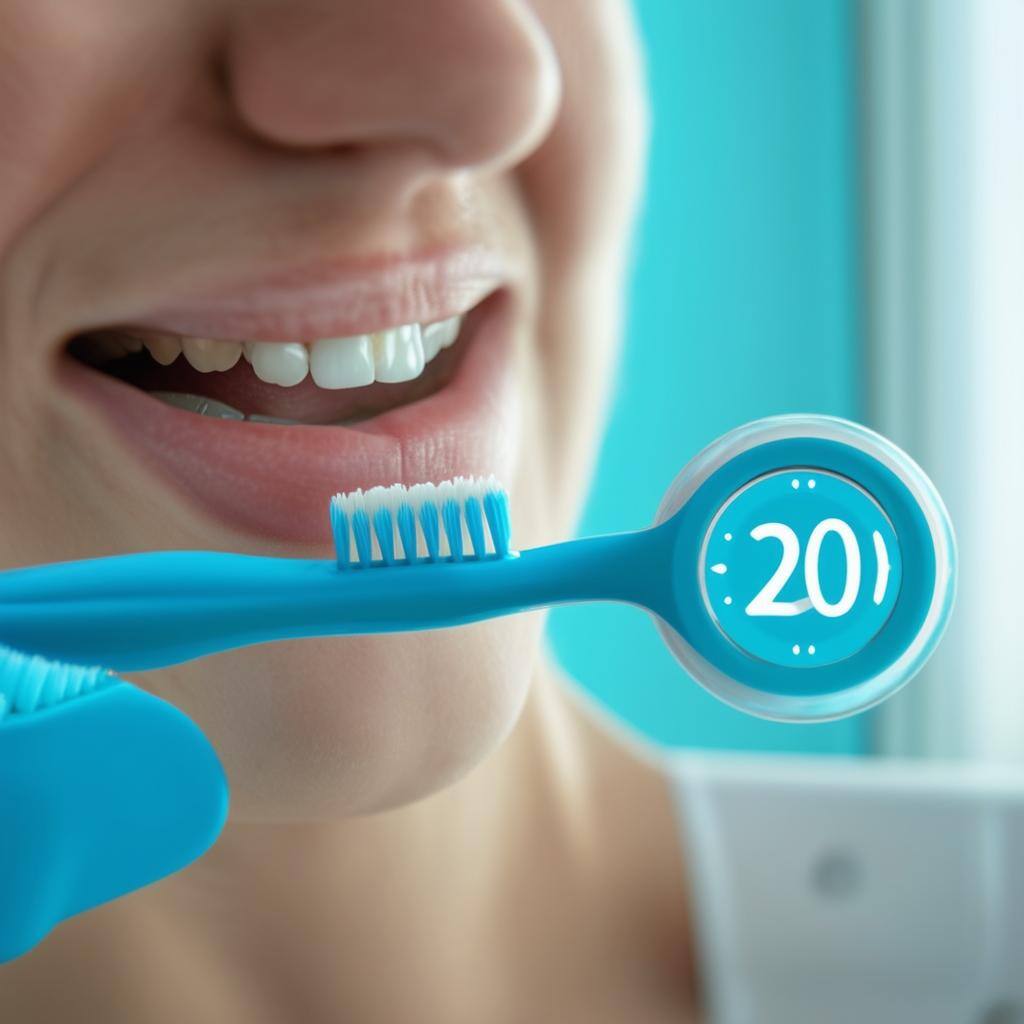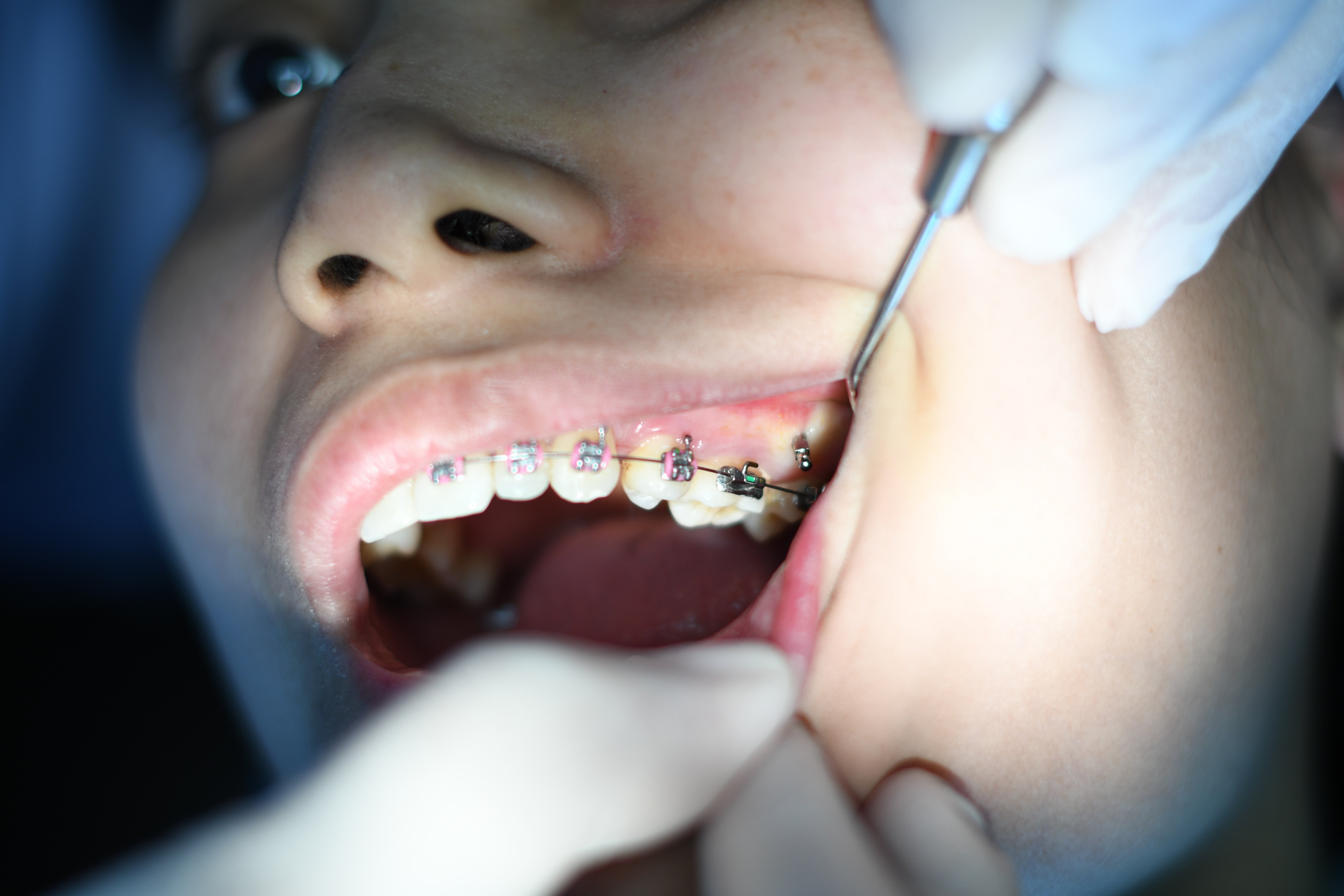Unlock the secrets to a radiant smile by learning the optimal brushing time for your teeth.
The Science Behind Brushing Duration
Brushing your teeth is more than just a daily ritual; it's a scientifically-backed practice that helps remove plaque, prevent cavities, and maintain overall oral health. Studies show that effective brushing requires a certain amount of time to ensure all surfaces of your teeth are thoroughly cleaned.
Dental experts agree that the average person needs at least two minutes of brushing to effectively clean their teeth. This duration allows time for the bristles to reach and clean the back molars, gum line, and other hard-to-reach areas where plaque tends to accumulate.
Common Myths About Brushing Time Debunked
One common myth is that brushing harder and faster will clean your teeth better. In reality, brushing too hard can damage your gums and enamel. The key is to brush gently but thoroughly for the recommended duration.
Another misconception is that brushing immediately after eating is ideal. However, this can actually harm your teeth, especially if you've consumed acidic foods. It's better to wait at least 30 minutes before brushing to allow your saliva to neutralize the acids.
Expert Recommendations for Brushing Duration
The American Dental Association (ADA) recommends brushing your teeth for two minutes, twice a day. This ensures that all areas of your mouth receive adequate attention, reducing the risk of plaque buildup and gum disease.
Some experts also suggest dividing your mouth into quadrants and spending 30 seconds on each section to ensure a comprehensive clean. Using a timer or an electric toothbrush with a built-in timer can help you stick to this guideline.
Tools and Techniques to Improve Your Brushing Routine
Using the right toothbrush is crucial for effective cleaning. Opt for a toothbrush with soft bristles and a comfortable handle. Electric toothbrushes can also be a good investment, as they often come with timers and various modes for optimal cleaning.
In addition to a good toothbrush, the technique is equally important. Hold your toothbrush at a 45-degree angle to your gums and use short, gentle strokes. Make sure to brush the outer, inner, and chewing surfaces of your teeth, as well as your tongue to remove bacteria and freshen your breath.
The Impact of Proper Brushing on Oral Health
Proper brushing not only keeps your teeth clean but also prevents a host of oral health issues. Regular and effective brushing reduces the risk of cavities, gum disease, and bad breath. It also helps in maintaining the natural whiteness of your teeth.
Moreover, good oral hygiene has broader health implications. Poor oral health has been linked to conditions such as heart disease, diabetes, and respiratory infections. Therefore, dedicating a few extra minutes to proper brushing can have a significant positive impact on your overall health.
But if youre still experiencing bleeding gums its time to book an appointment withthe dentist.


